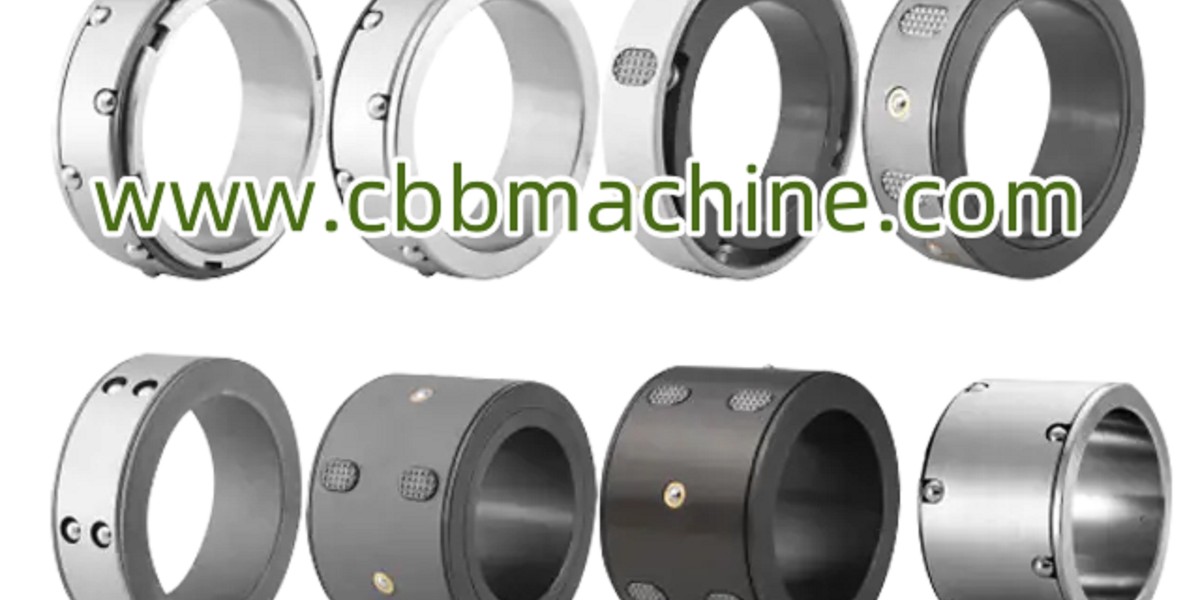In the world of precision web handling, tension control, and slitting operations, the Differential Shaft plays a crucial role in ensuring accurate material separation and winding without tension fluctuations.
What Makes the Differential Shaft Unique?
Unlike conventional shafts that apply the same torque across all cores, a differential shaft allows for independent slip between cores. This is particularly important in multi-reel winding systems where web thickness or material tension may vary slightly across reels. By enabling each core to rotate at its own speed while still being driven by a central torque, differential shafts eliminate common issues like uneven winding, material breaks, and core crush.
Applications in Industrial Manufacturing
Differential shafts are extensively used in the paper, plastic film, non-woven fabric, textile, and adhesive tape industries. These sectors often involve high-speed converting lines, where precise tension control and roll alignment are non-negotiable for productivity and product quality. In slitting and rewinding machines, a differential shaft ensures that output rolls are consistent, even when the substrate has irregular thickness.
In addition to improving product consistency, the shaft also contributes to less material waste, which supports more sustainable production practices. It also helps reduce downtime caused by roll tension issues, directly impacting operational efficiency.
Key Features and Customization Options
High-quality differential shafts are typically made from durable materials like steel or aluminum alloy, ensuring both strength and a long operational life. They can be designed with air-expansion or mechanical-expansion mechanisms, depending on the level of precision and application requirement. Friction rings, slip torque adjusters, and core adaptors can all be tailored to suit various roll widths and diameters.
Customization also extends to compatibility with different machine setups. Whether horizontal or vertical web paths are used, a reliable differential shaft must integrate seamlessly without modifying the primary winding system. This flexibility makes it a preferred option for machinery manufacturers and end-users alike.
Modern Manufacturing Demands Reliability
As automation and smart manufacturing continue to rise, the demand for shafts that offer high-speed performance with minimal maintenance has increased. Today’s differential shafts are engineered not only for durability but also for easy disassembly and cleaning. Maintenance-friendly design ensures minimal operational interruptions and longer service intervals.
The implementation of such shafts ultimately reflects a commitment to high precision, low waste, and consistent output quality in any web processing line.
To explore a wide range of differential shaft solutions tailored for your industry, visit www.cbbmachine.com



